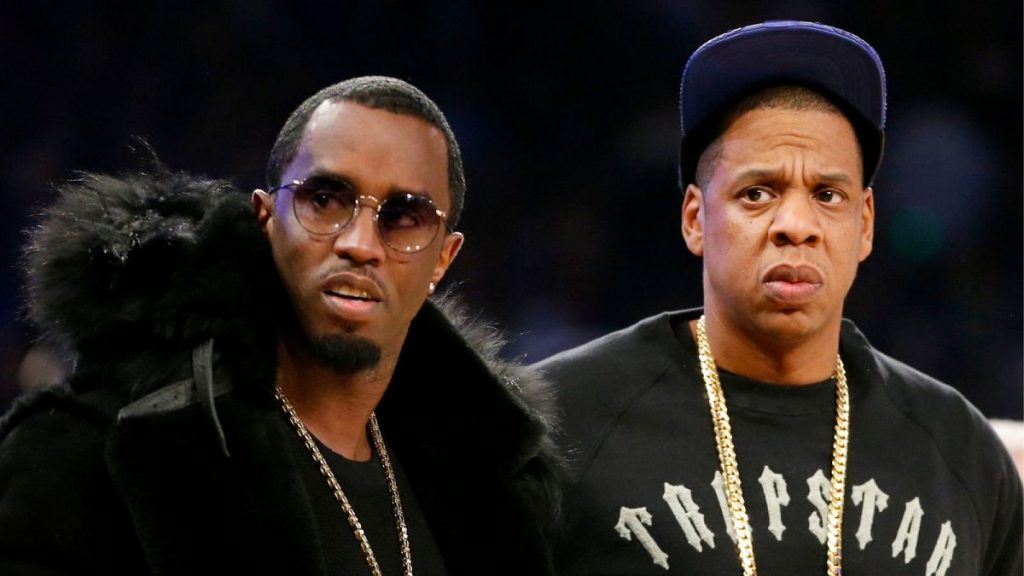The legal battle between an anonymous Alabama woman and hip-hop moguls Jay-Z and Sean “Diddy” Combs has taken a significant turn, with a New York judge allowing the plaintiff to proceed anonymously, at least for the time being. Judge Analisa Torres’s decision marks a crucial early victory for the woman, who claims she was raped by both men at the age of 13, while simultaneously rebuking Jay-Z’s legal counsel for their aggressive tactics. This complex case involves allegations of sexual assault, celebrity influence, and legal maneuvering, raising questions about the balance between protecting a plaintiff’s identity and ensuring a fair trial for the defendants.
The woman, identified in court documents as “Jane Doe,” alleges that the assault occurred in 2000 after she traveled from Rochester to New York City and befriended a limousine driver. This driver, she claims, took her to an after-party for the MTV Music Awards, where she encountered Jay-Z and Combs. The details of her account have been challenged by Jay-Z’s lawyer, Alex Spiro, who has pointed to inconsistencies in her narrative, including discrepancies about a jumbotron outside the awards show and her father’s recollection of events. These inconsistencies have become a central point of contention in the case, with Spiro arguing they undermine the plaintiff’s credibility.
Judge Torres’s ruling to permit anonymity for “Jane Doe” is predicated on the sensitive nature of the allegations and the potential for further trauma if her identity were revealed at this stage. While acknowledging the public’s interest in the case and the defendants’ right to a fair defense, the judge emphasized the importance of protecting the plaintiff from potential harassment and intimidation. This decision, however, is not absolute; Judge Torres indicated that the woman might be required to reveal her identity later in the proceedings if the case progresses. This delicate balancing act underscores the complexities of litigating cases involving high-profile individuals and sensitive allegations.
The legal proceedings have been further complicated by the conduct of Jay-Z’s lawyer, Alex Spiro. Judge Torres criticized Spiro’s “combative motions” and “inflammatory language,” deeming them inappropriate and a waste of judicial resources. The judge’s rebuke highlights the ethical considerations within legal practice, particularly when dealing with vulnerable plaintiffs. Spiro’s insistence on a swift dismissal of the case and his focus on perceived inconsistencies in the plaintiff’s story, while part of his legal strategy, have been viewed by the judge as potentially detrimental to the judicial process.
This case also intersects with other legal troubles facing Sean “Diddy” Combs. Currently incarcerated in New York awaiting trial on federal sex trafficking charges, Combs is also facing numerous sexual assault lawsuits, many filed by the same attorney representing “Jane Doe,” Tony Buzbee. Buzbee, a prominent Texas lawyer, has gained a reputation for representing clients alleging sexual abuse and exploitation, and his involvement in this case further amplifies the legal and public scrutiny surrounding Combs. The allegations against Combs paint a picture of a pattern of alleged abuse, often involving drug-laced drinks and occurring at parties in various locations.
Combs’s lawyers have vehemently denied the allegations, labeling them as publicity stunts aimed at extorting money from celebrities. Similarly, Jay-Z has accused Buzbee of attempting to blackmail him into settling the Alabama woman’s case. These counter-accusations create a complex web of claims and denials, further obscuring the truth and adding to the already contentious legal landscape. The high-profile nature of the defendants and the serious nature of the allegations ensure that this case will continue to attract significant public attention as it unfolds.














